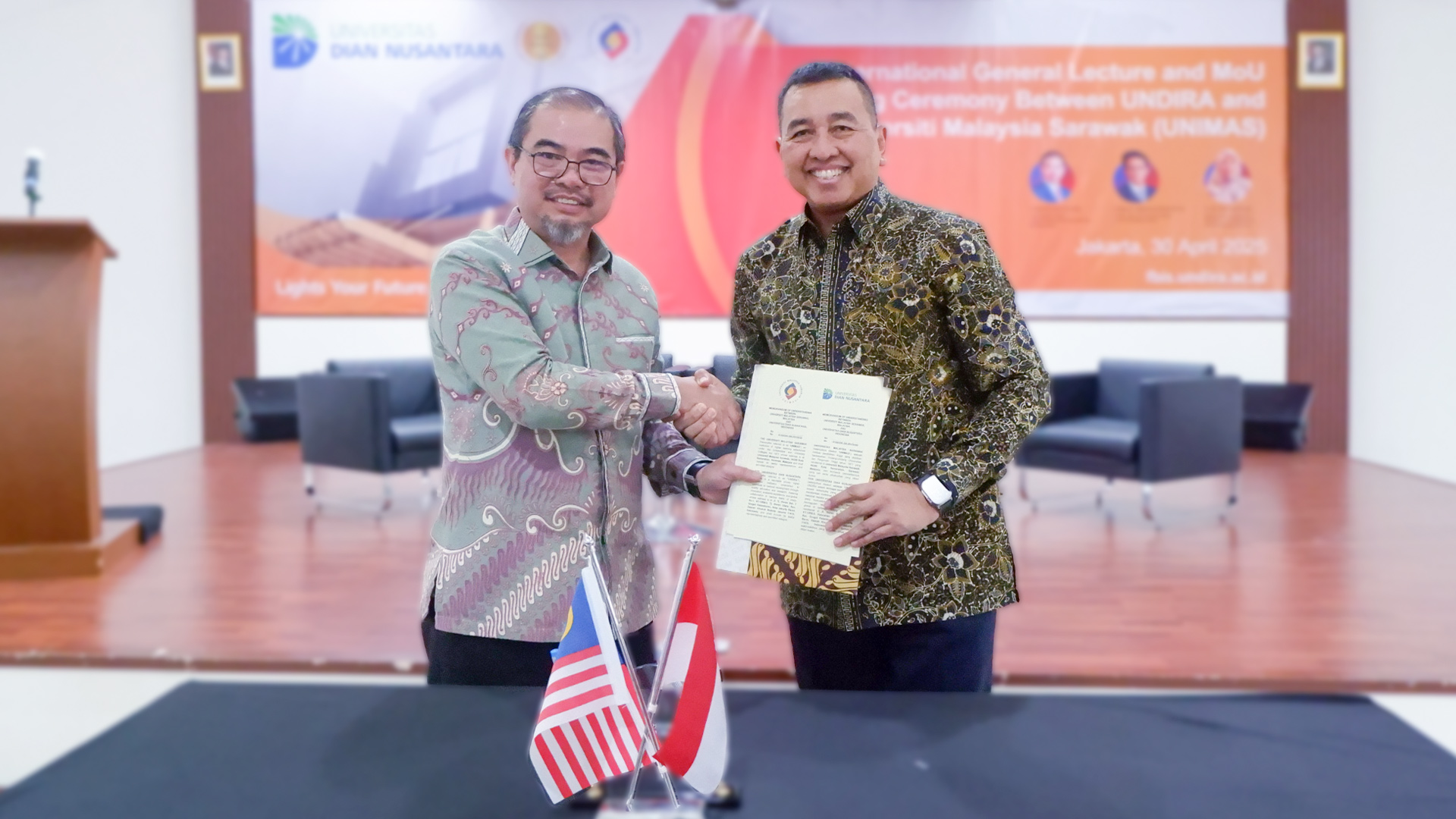When Stories Become Commodities and Income, Explore This UNDIRA Journal Research
.jpg)
Today's modernity has brought accessibility through the Internet of Things (IoT) and social media in real-time. Now, there are various options for young generations to express their ideas and aspirations.
UNDIRA colleagues are surely familiar with the term in content creation FYP (For Your Page). FYP is content recommendations based on algorithmic detection of the content we upload according to current needs and market popularity.
The majority of social media now contains various posts themed around life stories and criticism of social expectation trends. From complaints to criticism of policies and trends, FYP now has one key that makes this type of content engaging - relatable storytelling.
Storytelling is an activity that refers to "bringing back to life" experiences that have been felt into written works or posts (both visual and verbal). UNDIRA colleagues, storytelling that is not only fun but also relatable has a significant impact on personal branding development for both individuals and specific brands. This concept is actually related to today's discussion, namely Commodification.
But what is Commodification itself? Commodification is the process of transforming goods, services, ideas, or even experiences into commodities that can be traded in the market. In the context of storytelling, commodification transforms narratives into products that can generate profit.
From this understanding, it can be seen that content creation is an enjoyable and boundless place to express creativity. However, through one of the journals discussed by a lecturer from the English Literature Study Program at Dian Nusantara University (UNDIRA) regarding the commodification of stories and experiences based on the work "Past Due."
As a brief recap, Past Due is a science fiction work by Eric Fomley in 2023 - which presents a dystopia or destruction that leaves trauma, grief, and loss. However, at the same time, the use and reachability of already futuristic media enables various stories to be commodified through hologram technology.
It is revealed that although there are limitations on social media uploads, commodification influenced by capitalist desires can actually penetrate the realm of emotions and memory. Furthermore, technological developments that increasingly blur the lines between reality, privacy, and social aspects "also test whether humans can remain human."
One reference related to human psychology (Deleuze & Guattari, 1983; Fisher, 2009) contains discussions that also touch on how productivity linked to excessive profit fulfillment desires according to the system can position humans in one reality alone without considering other aspects of life such as social norms, politeness, and consideration for others.
Friends of UNDIRA, can freedom to act and technological accessibility truly answer humanitarian challenges ethically? Human nature—or the human instinct—embodied in a creative work is a boundless gift. In an effort to foster an understanding of the potential of literature as well as the lessons on humanitarian values found within literary works, UNDIRA’s English Literature program offers insights not only into language itself but also into how culture can reflect human development.
The English Literature Study Program at UNDIRA does not merely produce graduates who are proficient in language, but critical thinkers who are able to understand how technology, culture, and humanity interact in shaping a more meaningful and ethical future of communication.
Journal of Reference:
(Danang Respati Wicaksono / Humas UNDIRA)
Press Contact :
Biro Humas & Sekretariat Universitas Dian Nusantara
Facebook : www.facebook.com/undiraofficial
Instagram : www.instagram.com/undiraofficial
Twitter : www.twitter.com/undiraofficial
www.undira.ac.id
Other
.jpg)
Valuable Experience Across Generations: IKA UNDIRA Holds Seminar and Sharing Session on the Role of Alumni
Read more
Facing the Increasingly Competitive Global Education Challenges, Dian Nusantara Establishes Collaboration with Universiti Malaysia Sarawak (UNIMAS): Promoting International Research and Learning
Read more
Exploring the Meaning of Eid al-Adha: Sacrifice, Loyalty, and Obedience
Read more
Campus Tanjung Duren
Jln. Tanjung Duren Barat II No. 1
Grogol, Jakarta Barat. 11470
Campus Green Ville
JIn. Mangga XIV No. 3
Campus Cibubur
Jln. Rawa Dolar 65
Jatiranggon Kec. Jatisampurna, Bekasi. 17432







